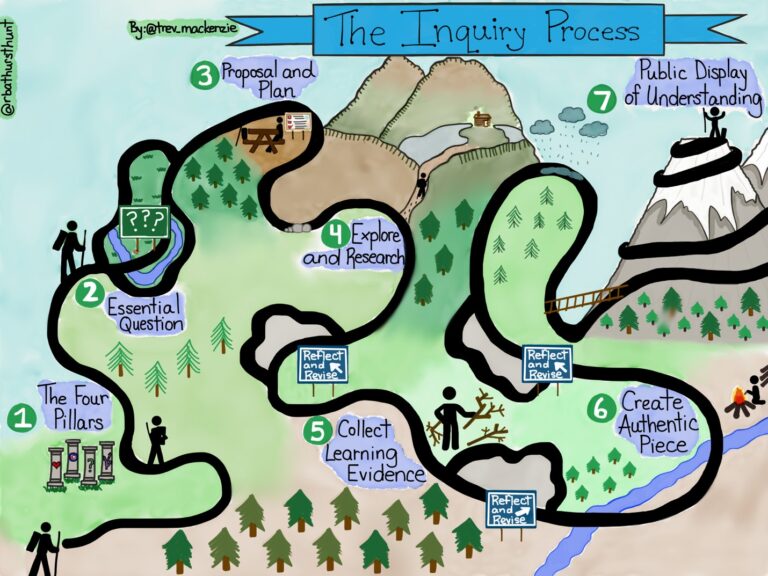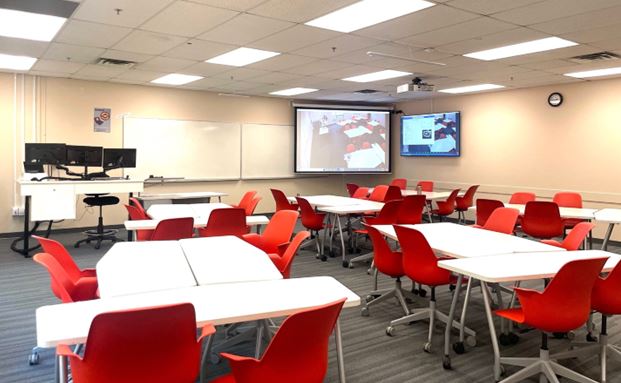Ask, Find Out, Act: The Benefits of Inquiry-based Learning
Science labs. Rock climbing. Student-led projects. The Amazon Field School. What do these have in common? They are all taught at KPU with an inquiry-based learning model. Or have the potential to be. Inquiry-based learning puts students in the driver’s seat, and has them explore and share an experiential research or creative process/project that holds…









